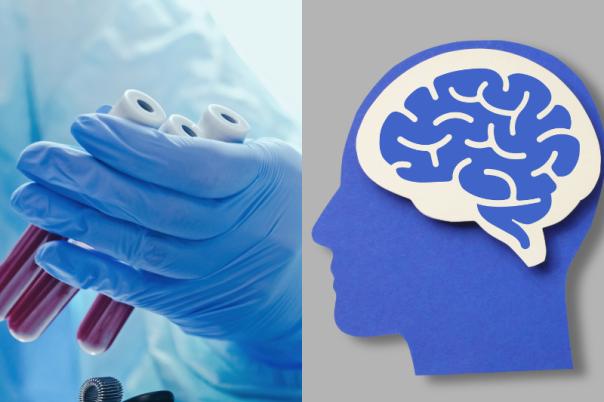Kyuho Han, Chief Executive Officer at MEDiC Life Sciences, discussed his company’s unique approach to biomarkers. MEDiC Life Sciences was founded five years ago as a Stanford/SPARKS spinoff that uses functional genomics platforms to identify multiple genetic biomarkers for certain cancer drugs. So far, the company has raised $12 million in seed funding and has received support from companies like Illumina Accelerator, LG, and Hanmi.
Han pointed out three key reasons for clinical failure in cancer drug development: lack of efficacy, safety issues, and market viability. To address this, Han suggested that it is crucial to identify optimal target and biomarker combinations as early as possible.
Synthetic lethality occurs when two genes are synthetic with each other, meaning disrupting the function of both genes together causes cell death, but disrupting only one gene does nothing. This concept can be used to develop cancer-selective drugs, with one gene as a target and the other as the biomarker. Han referred to PARP inhibitors and the BRCA mutation as a key example of this concept in action.
Synthetic lethal drugs have several major advantages over conventional cancer drugs, such as maximising efficacy, selectivity, and clarity in the clinical pathway. This raised the question of applicability: can this concept be applied to any mechanism or target in the human genome or only a specific pathway? Han’s studies showed that if scientists choose a random gene from the human genome, they can identify over 100 synthetic lethal partners for the randomly selected target. Therefore, synthetic lethality is not confined to just one or two pathways, but this is a concept that can be applied to any mechanism and any target in the human genome.
However, there is a key limitation in the synthetic lethal cancer drug field. Most approved synthetic lethal cancer drugs or in development are only working through just one mechanism, the DNA damage pathway. So, there is a demand for more novel synthetic lethal drugs with diverse target mechanisms and MCAT offers a solution to this. MCAT is a cutting-edge functional genomics platform that can accurately measure millions of interactions between any given cancer drug and potential genetic variants in cancer patients. Using CRISPR, they created a library of genetically diverse cancer spheroids, which are treated with drugs to map gene-drug interactions and identify synthetic lethal gene signature biomarkers (SLS biomarkers).
To validate their approach, Han used EGFR-TKI inhibitors and patient data to identify a set of biomarkers. Patients with low expression of these biomarkers responded better to EFGR-TKI, showing that SLS biomarkers more accurately predict patient response rates. MEDiC helps transform conventional cancer drugs into synthetic lethal cancer drugs with SLS biomarkers. The platform has multiple advantages, including accuracy and translatability due to its use of 3D tumour models and large-scale genetic variant libraries. This helps address tumour heterogeneity and generate robust biomarker information.
This method maximises efficacy and market potential and it can be applied to any cancer drug pipeline which shows its versatility and commercial potential. Han concluded: “Our approach uses functional genomics data to provide causal relationships between genetic biomarkers and drug responses, unlike traditional approaches based on correlation data.”





